— Navigating the end of the road as a family caregiver
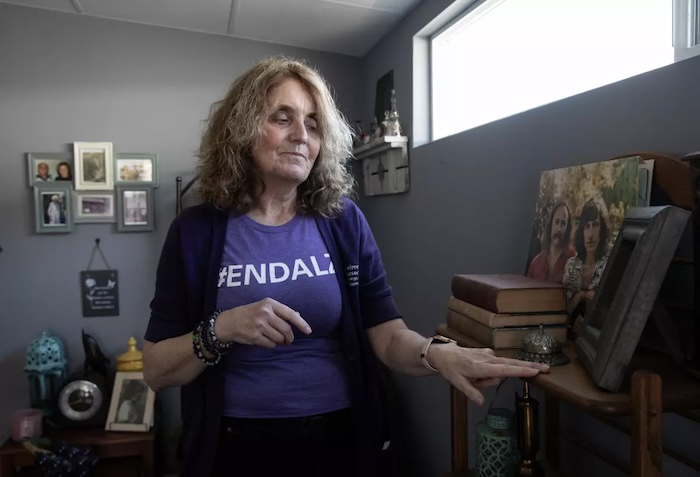
After weeks, months or years caring for a loved one, saying goodbye to life as a caregiver can be an emotional journey
By Lauren J. Mapp
When her mother was hospitalized after suffering several falls in her mobile home, Santee resident Rebecca Turman and her three siblings orchestrated an intricate schedule of coordinated care for her.
Turman’s mother was formally diagnosed with Parkinson’s disease, but she displayed many symptoms more often associated with dementia.
On a typical day, Turman’s sister would spend the day at their mom’s house, then after work, Turman would spend the evening so their mother was never alone. Some afternoons included visits from a brother who lived nearby so the sisters could have time for themselves, and their other brother — who lived out of state — spent weeks visiting to give his siblings some much-needed respite.
Nearly three years after starting to care for their mom — and about seven months after moving her into a board and care home — the family’s caregiving journey came to an end when she died in July 2016.
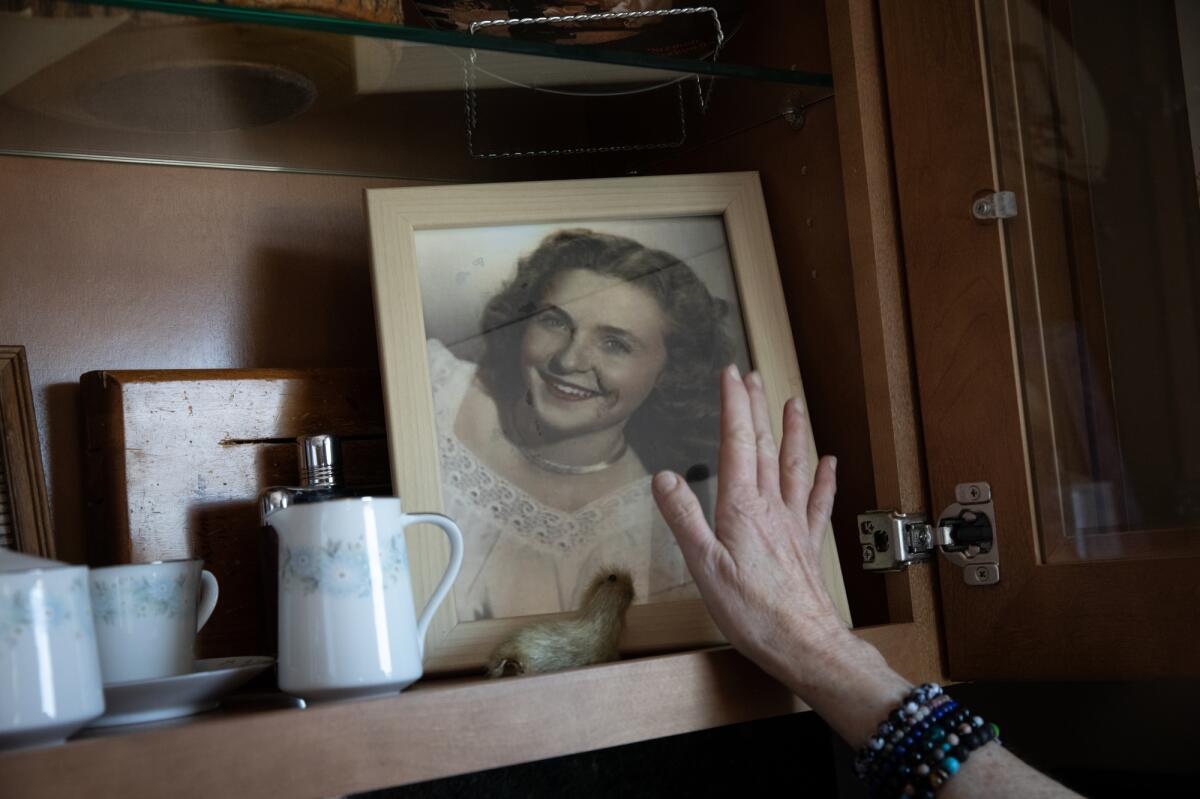
While the family has processed their grief in many different ways in the past eight years, including a celebration of what would have been their mother’s 95th birthday, some days are harder for Turman than others.
“I will always be grieving for her,” said Turman, who is now a program and education specialist for the Alzheimer’s Association San Diego and Imperial County chapter.
Losing a loved one is universally challenging, but for family caregivers who dedicated themselves to their care, the loss can be especially complicated.
When a loved one dies, family caregivers often find themselves grappling with a whirlwind of emotions, from sorrow and grief to relief and sometimes guilt. This emotional roller coaster is compounded by the physical and emotional toll of providing round-the-clock care.
After weeks, months or years of tirelessly tending to a friend or family member’s needs, some caregivers are shocked by the unexpected sense of relief they feel when their loved one dies.
Feeling a sense of relief — as well as other unresolved emotions — can then lead some caregivers to feel a sense of guilt.
“They might feel relief that their person is finally gone because it means the burden on them is less and it also means that person is not living with this very debilitating illness,” said Kristen Romea, Alzheimer’s San Diego director of supportive services.
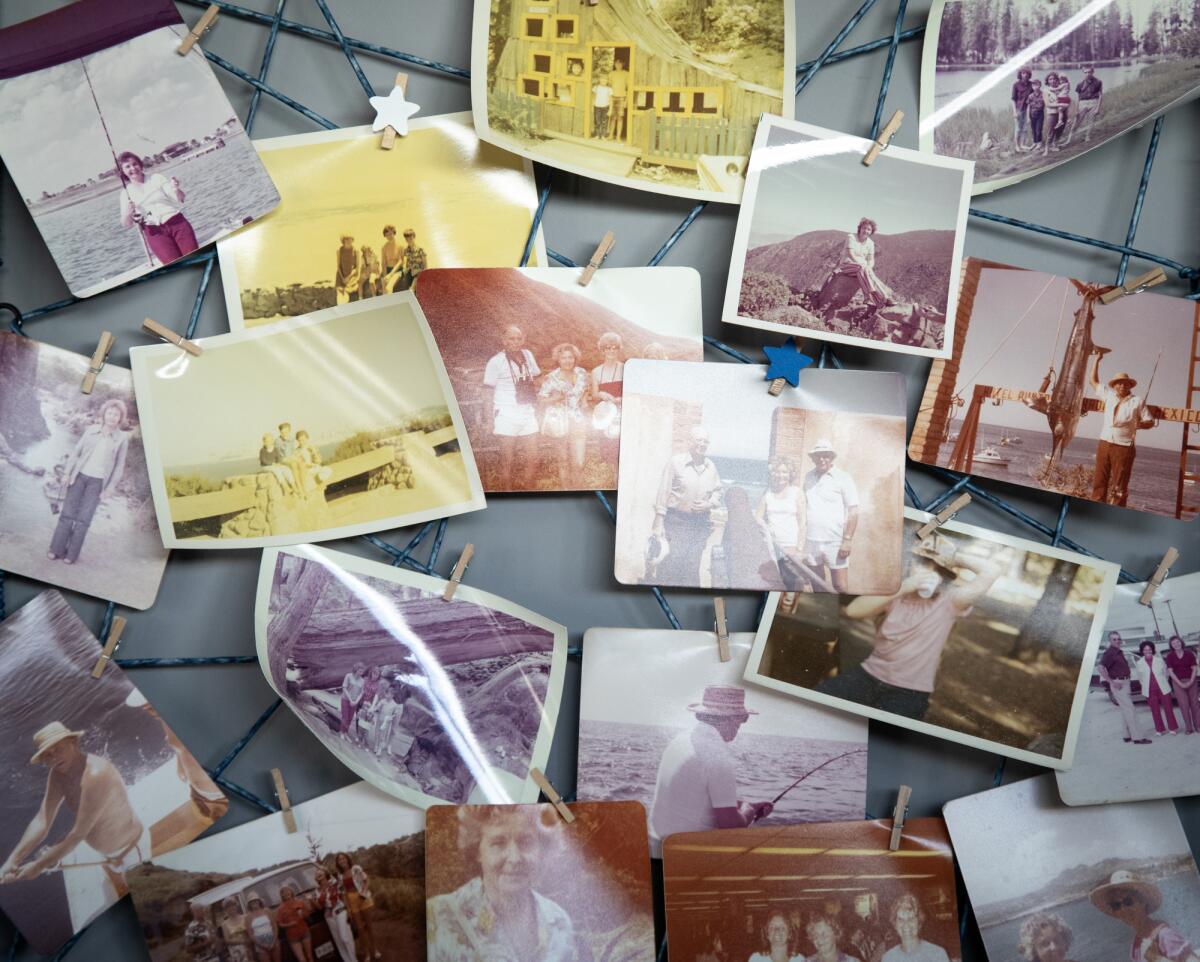
“It doesn’t feel good to be relieved that a person you love has died. But all of those feelings and emotions are very normal and typical of grief.”
For 62-year-old Turman, some of the guilt she experienced was because, unlike when her father died 34 years earlier, she was not at her mother’s bedside when she passed.
“It was a relief that she was no longer in that Alzheimer’s hell,” Turman said. “It was a relief that she was not going through that anymore, but I also knew that I had lost my best friend and that I didn’t have her anymore.”
A significant aspect of the grieving process for family caregivers is the transition from the role of caregiver to that of mourner. This shift can be jarring for many, as their identity may have been closely tied to their caregiving responsibilities. Adjusting to life without those duties can feel disorienting and overwhelming.
Unlike with a sudden death from a health condition or accident, many caregivers go through stages of grief as their loved one’s health progressively declines, including during transitions into hospice care, Marissa Watson-Bane said. She is the bereavement and integrated therapy manager for AccentCare, a Medicare-certified hospice organization.
“They’re grieving the losses as they come,” Watson-Bane said. “(There are) losses in the relationship with that person, if they are losing their ability to be able to do certain things or their role in the family. All of those feelings come along with those incremental losses.”
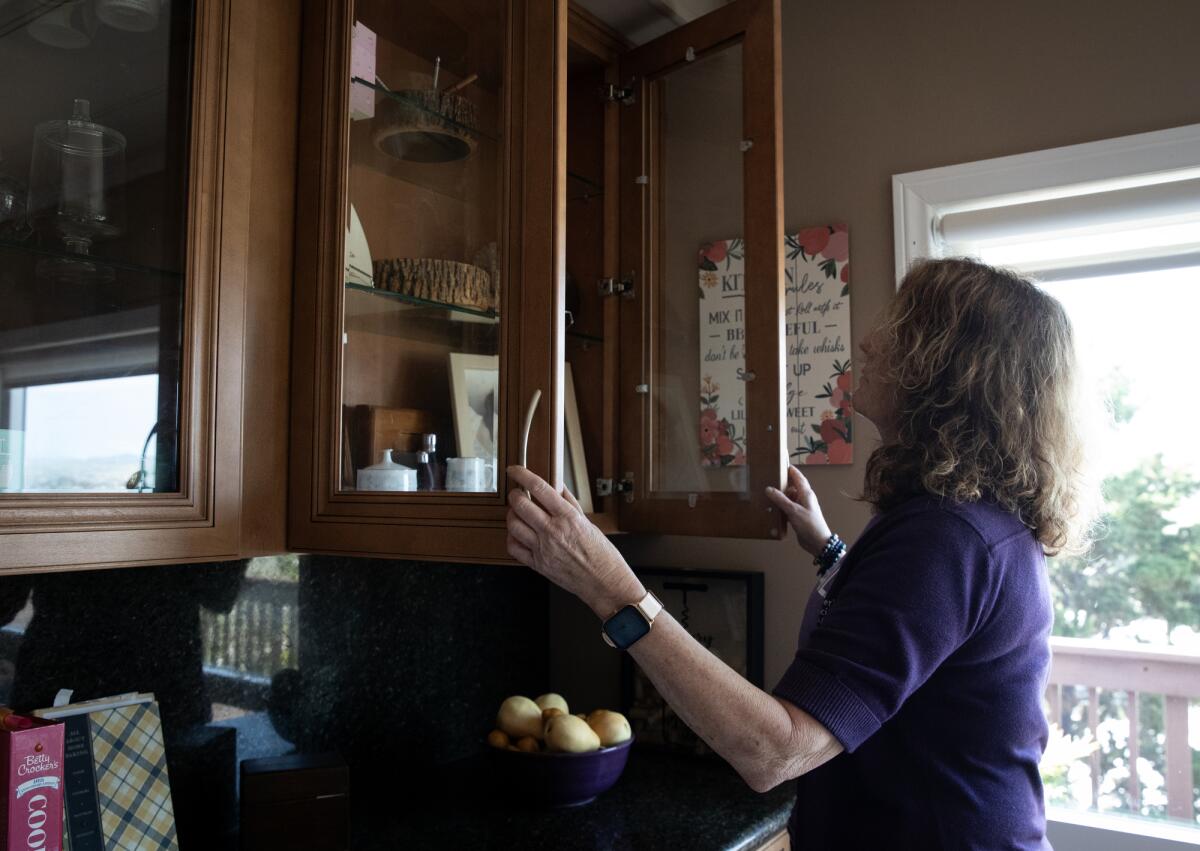
Experts suggest several strategies to help caregivers cope with grief and navigate the mourning process, including in-person or online support groups.
Mourning caregivers whose loved ones had a form of dementia can attend one of Alzheimer’s San Diego two bereavement support groups. They can also call the Alzheimer’s Association 24/7 helpline for grief support at (800) 272-3900.
Prior to a loved one’s death, families may find it helpful to connect with an end-of-life doula, a nonmedical companion who provides support to people with terminal health conditions.
In a manner similar to how a midwife or doula prepares parents for the birth of a child, an end-of-life doula helps clients get their affairs in order before their death. They can help with getting paperwork filed to establish a health care proxy, coordinate the will and provide education about the dying process.
Establishing what the person wants before their death can ease the burden of decision-making for bereaved family caregivers and other loved ones.
End-of-life doula Anita Neff said that one of the most frequent tasks with her work is helping families resolve complicated emotional situations before the death.
“Sometimes, there are step-parents or siblings that don’t get along with each other, but parents want both of them there,” Neff said. “There is always something, it seems, with the family dynamics.”
Those in mourning may also find comfort in connecting with others during Death Dinners, events where staff from the Encinitas-based EcoLove Transitions guide conversations about death and grieving.
“We’re actually asking everybody to bring the candle, and we start off by honoring an ancestor or a loved one that’s passed on,” CEO and end-of-life doula Nicole Soares said. “We really do treat that as very much a grief support, as well as thinking about our own death and helping other loved ones maybe around us plan death.”
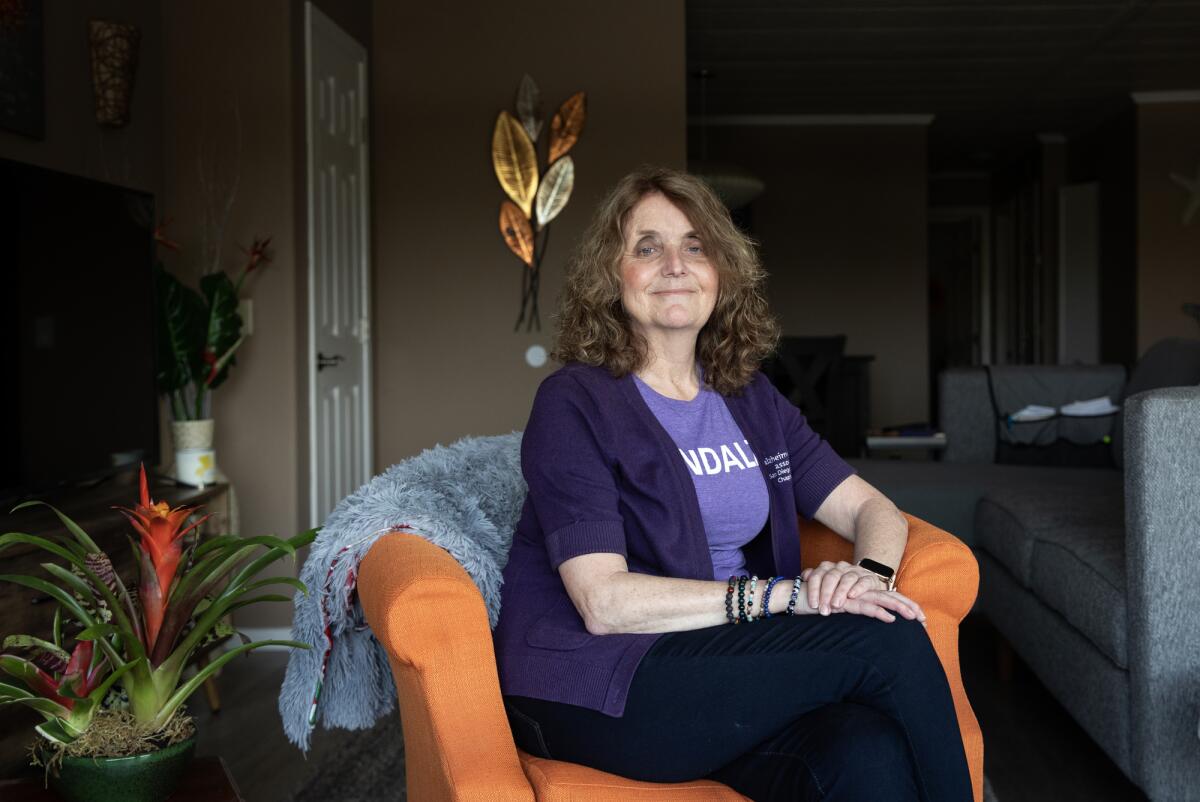
After years of putting someone else’s schedule and health care needs in front of their own, it is important for caregivers to prioritize their own physical and emotional well-being after losing their loved one. For some, that means seeking professional guidance from a therapist, engaging in self-care activities such as catching up on medical appoints, eating nutritious meals or finding ways to get more restful sleep.
Caregivers may also choose to celebrate the happy memories of life with their loved ones to aid in the healing process. This can include creating a photo book, planting a tree in their honor, or, like Turman and her family, planning a party to celebrate what would have been a milestone birthday.
“My sister made either things she liked to make or things she liked to eat, I made her favorite cake, and we had dinner together with my sister, my brother-in-law and my brother,” Turman said.
It is important to remember that grieving is a deeply personal process, and there is no timeline for healing. Family caregivers should make sure to grant themselves the grace and space to mourn at their own pace.
Turman said ultimately what has helped her to heal is remembering the life she shared with her parents, and how she was able to repay her mother by being her caregiver.
“They took care of you and now you’re taking care of them — you find yourself doing things you never thought you’d be doing.,” Turman said. “But for me, it was an honor and a privilege to be able to do those things for her.”
Complete Article ↪HERE↩!
